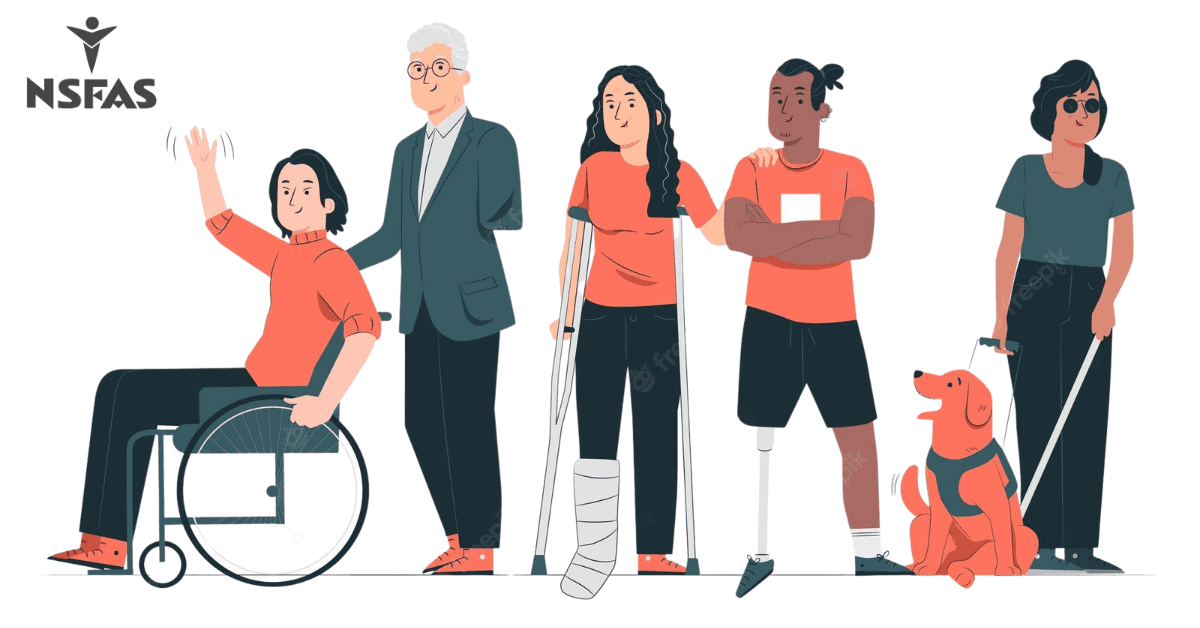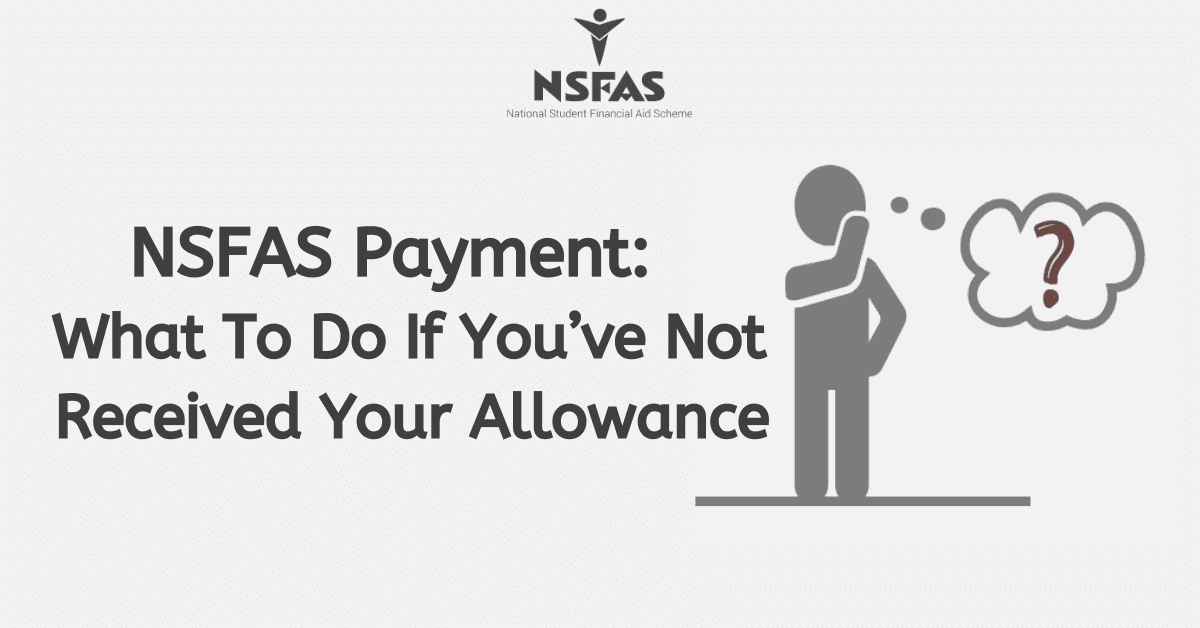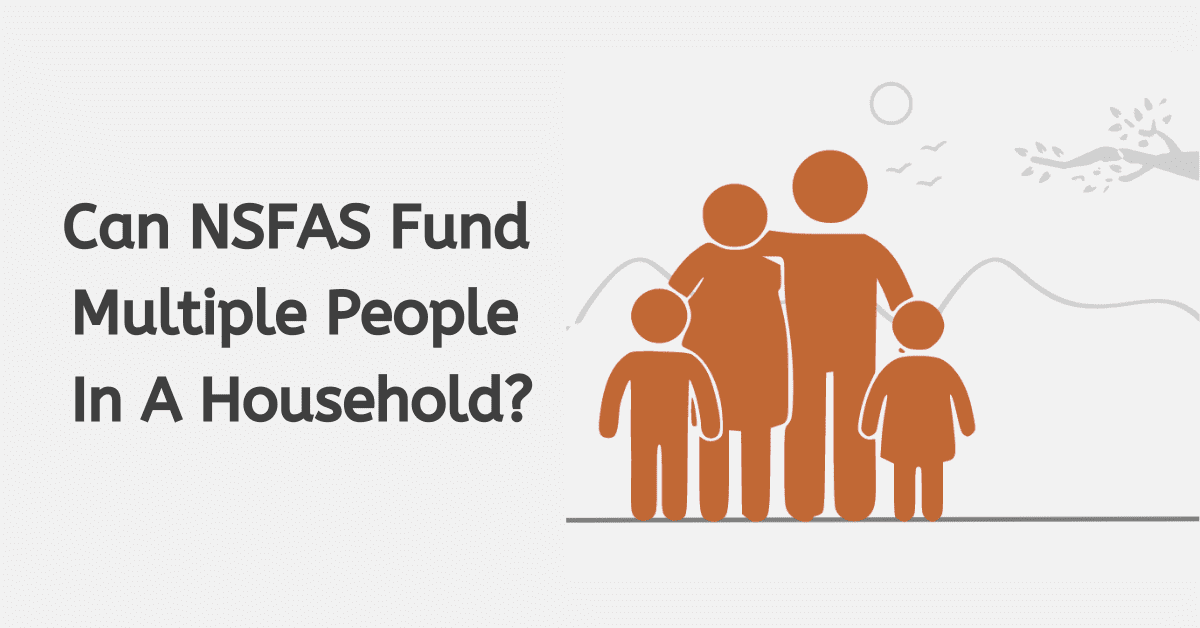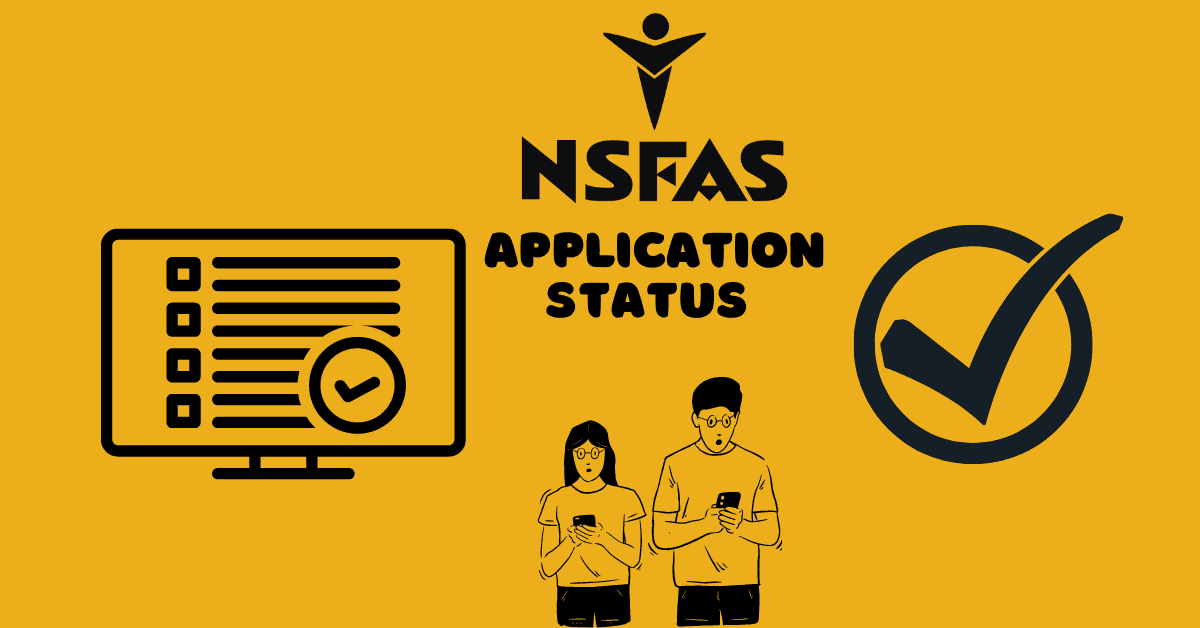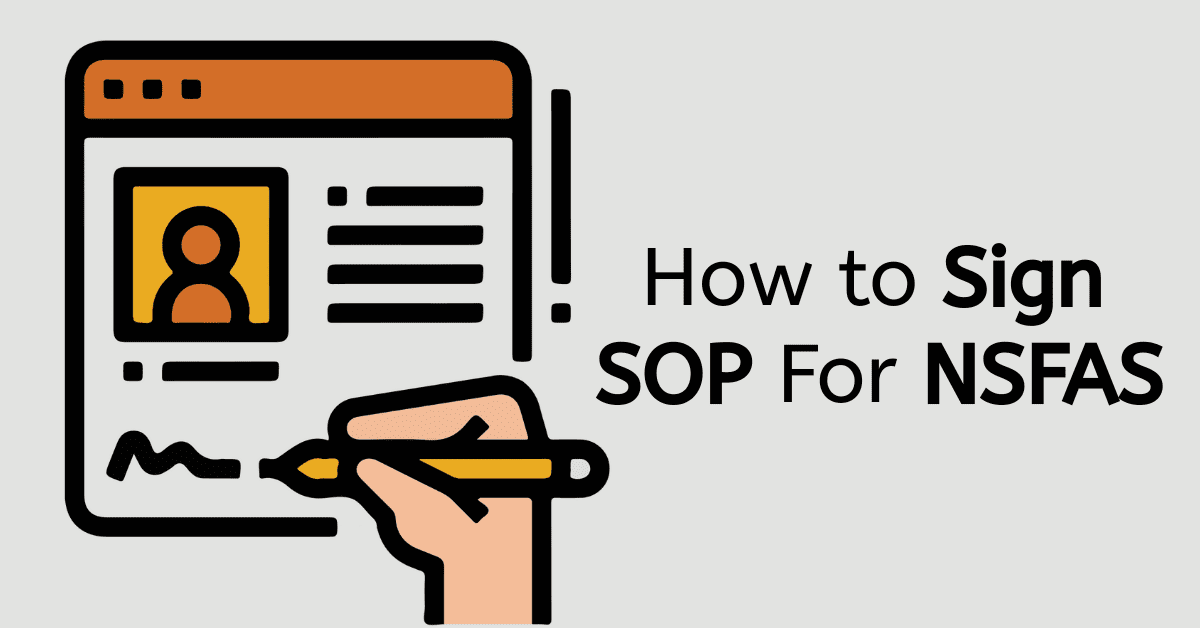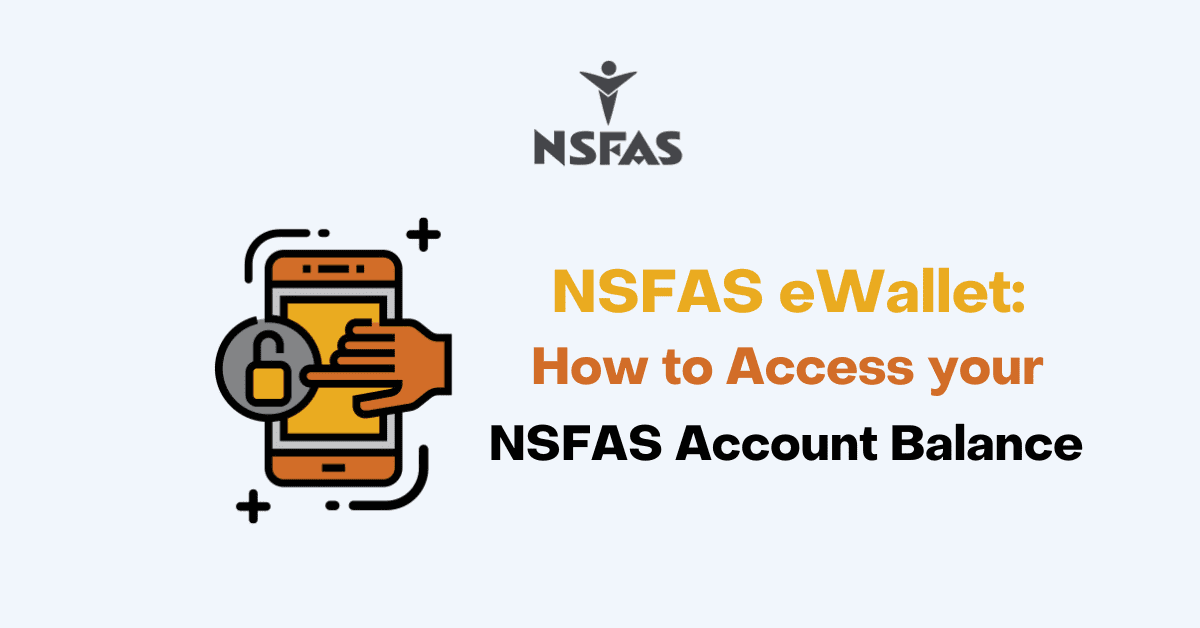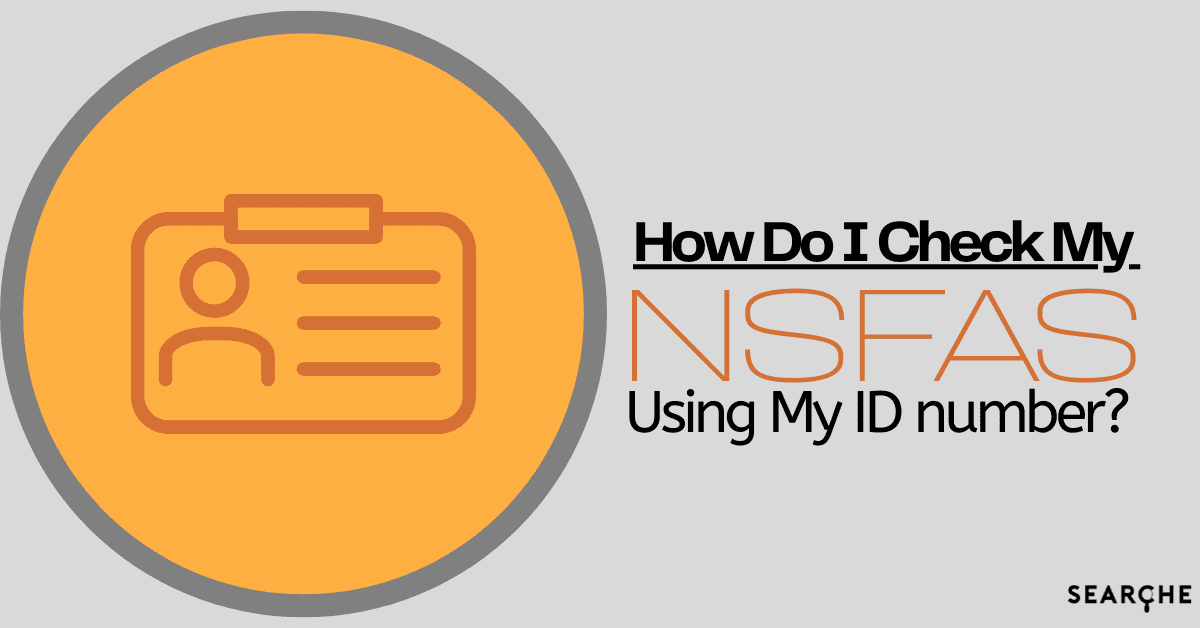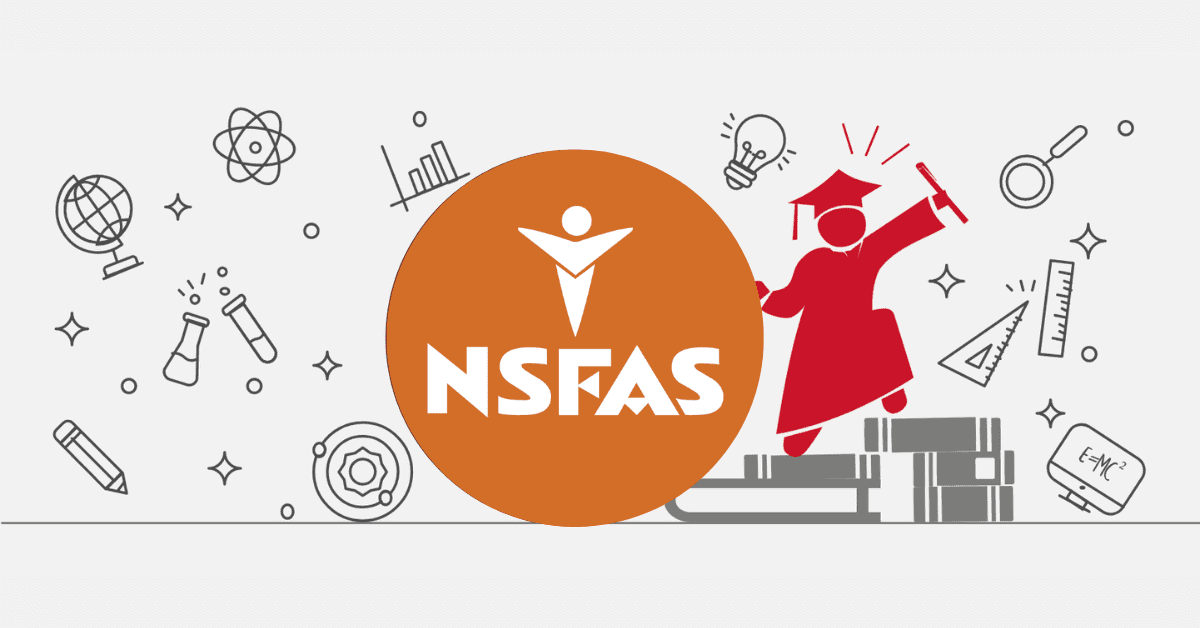Over 900 000 applications were received in 2022 for the National Student Financial Aid Scheme (NSFAS). Founded in 1999, NSFAS is a student financial aid scheme that aims to provide financial aid to undergraduate students in South Africa who desire to pursue their studies at any South African TVET college or public university. One of the most frequently asked questions about the bursary is ‘what are the required documents for NSFAS application?’
Besides the criteria set out by NSFAS for applicants to qualify for the bursary, there are supporting documents required before NSFAS can process an applicant’s application.
Certified identity documents, payslips, and affidavits are some of the supporting documents required by the bursary [supporting documents checklist below].
Does NSFAS require an affidavit when applying?
NSFAS requires an affidavit only if either one of the applicant’s parents does not live at home or the applicant is supported by someone who’s not their parent or legal guardian. An affidavit is also required if an applicant’s parents/guardian is an informal worker.
As with any affidavit, it is taken under oath, meaning that whatever reasons stipulated in the affidavit should be nothing but truthful or the person who signed it stands the chance of being prosecuted if it so happens that the contents of the affidavit are not true. However, NSFAS does not accept affidavits as proof of guardianship. Instead, NSFAS requires a court-appointed legal guardianship document that serves as proof of guardianship.
What is legal guardianship for NSFAS?
The legal guardianship document is only required if the applicant is 18 years of age and doesn’t stay with their parents or if the applicant is over 18 and still depends on a guardian. The bursary (NSFAS) needs to request a legal guardianship document rather than an affidavit because a legal guardian has a right to decide on a child’s education.
Anyone can sign an affidavit stating that the applicant is under their care, which makes it a bit unreliable regarding guardianship, whereas legal guardianship allows parents who are still alive to give away some of their children’s rights, if not all. Some parents give away their parental rights because of circumstances beyond their power and control, such as illness. An applicant will have to provide an affidavit if it so happens that the applicant is supported by someone who is not their parent or legal guardian.
Not only does NSFAS require the legal guardianship document, but it requires several other supporting documents to process an applicant’s application.
Which documents are needed when applying for NSFAS?
One of the most important documents required is copies of identity documents for both the applicant and the applicant’s parents/guardians. Proof of income of the applicant is required if the applicant is currently working; if not, they should provide their parents/guardians’ proof of income. Should the parents/guardians be working as informal workers, they should provide an affidavit confirming that. A pension slip is required in the case of a parent or guardian who has retired.
The purpose of the ‘proof of income’ document is to verify the total household income. NSFAS requires a certified divorce decree if an applicant’s parents are divorced, and in the case of the death of either of the parents, a death certificate should be provided.
If an applicant is currently completing their matric, they do not have to submit their academic transcript or exam results, unlike those who are not currently completing their matric. Most importantly, if any members in the household receive any SASSA grants, a certified copy of a SASSA letter needs to be provided.
